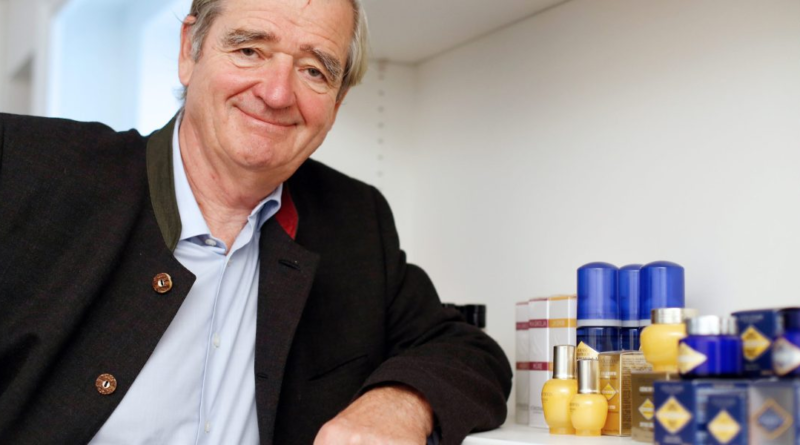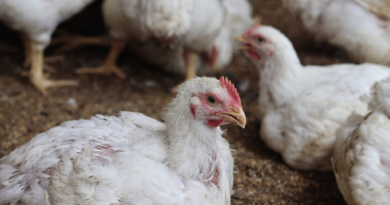Billionaire Reinold Geiger nears buyout of L’Occitane in a deal that could value the skin-care company at $7 billion
L’Occitane International SA’s billionaire owner Reinold Geiger is close to making an offer to take the skin-care company private, according to people familiar with the matter, in a deal that could value the firm at about $7 billion including debt.
Geiger is considering making an offer for the L’Occitane shares he doesn’t already own at HK$33 to HK$34 apiece as early as Monday, the people said, asking not to be identified because the deliberations are private. Blackstone Inc.’s tactical opportunities fund is poised to help fund the buyout deal, along with Goldman Sachs Group Inc.’s asset management arm, the people said.
An offer may give L’Occitane an enterprise value of about €6.5 billion ($7 billion), the people said. Blackstone and Goldman Sachs Asset Management may provide about €1.6 billion in total funding, the people said.
A vehicle ultimately controlled by Geiger, L’Occitane’s chairman, already owns more than 70% of the company, exchange filings show. Trading of L’Occitane was suspended in Hong Kong on April 9, pending an announcement related to takeover codes. The stock closed at HK$29.50 a day earlier, giving the company a market value of about $5.6 billion.
Geiger was close to a deal to take the skin-care company private with funding help from Blackstone, potentially ending its 14-year run on Hong Kong’s stock exchange, Bloomberg News reported earlier this month.
Talks are ongoing, no final decisions have been made and details such as price and timing could still change, the people said.
A representative for L’Occitane didn’t immediately respond to a request for comment. Blackstone and Goldman Sachs declined to comment.
L’Occitane was founded in 1976 by Frenchman Olivier Baussan, who started out making essential oils from plants like lavender in the Provence countryside and selling them at local markets. Geiger became a minority shareholder in 1994, but has said the company’s poor performance prompted him to start working there in a bid to safeguard his investment.
He expanded L’Occitane globally, saying he decided to move into Asia after being impressed by the region’s work ethic. Initially, the strategy went so badly that his auditor warned the poor results could put the whole company in jeopardy. The retailer was listed in Hong Kong in a 2010 initial public offering and now has eight brands and some 3,000 locations in 90 countries. Yet it earns only about one-third of its revenue in Asia, while the Americas is its fastest growing region.
L’Occitane is facing an increasingly challenging market in China, where global brands such as L’Oreal SA and Estee Lauder Cos. are rolling out frequent discounts to compete for a larger market share, and where domestic brands are rising in popularity.




